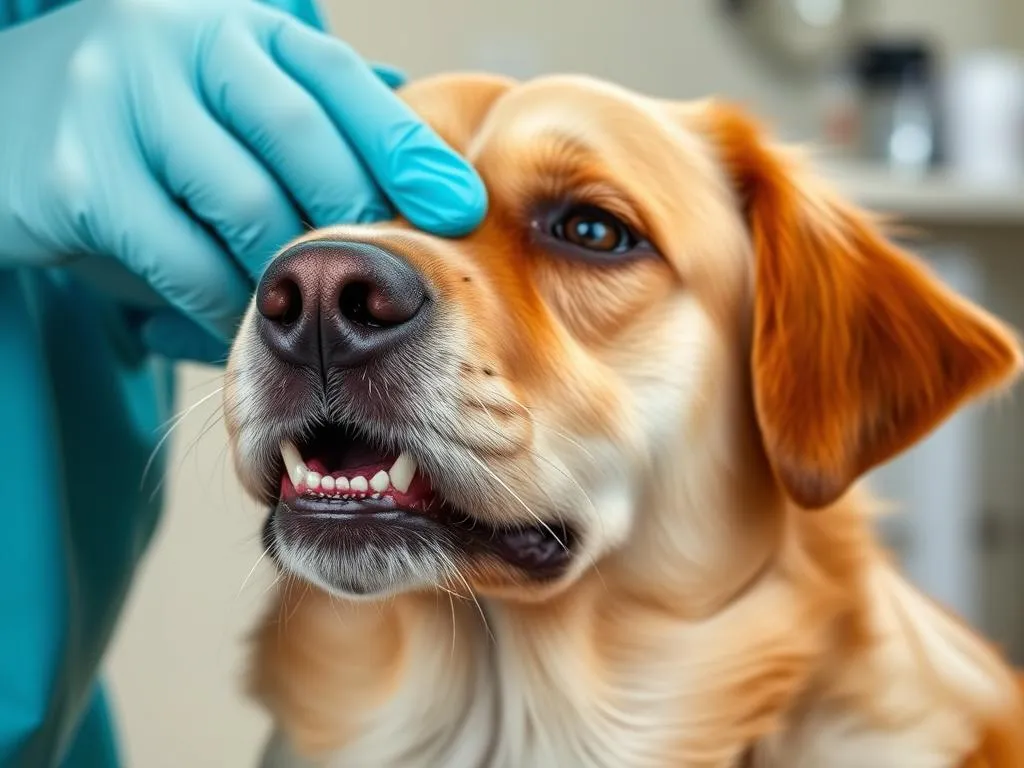
Introduction
Hookworms are parasitic worms that can pose serious health risks to dogs. Understanding what hookworms are and how they affect our canine companions is vital for any pet owner. These parasites reside in the intestines of affected dogs, where they feed on blood, leading to a range of health problems.
When it comes to hookworm in dogs, being proactive is key. Hookworms can cause significant damage, especially in young puppies or compromised adult dogs. Therefore, knowing the symptoms, diagnosis methods, treatment options, and preventive measures can make a substantial difference in your dog’s health and well-being.
Understanding Hookworms
What Are Hookworms?
Hookworms are small, thin worms that belong to the Ancylostomatidae family. The most common species affecting dogs are Ancylostoma caninum and Uncinaria stenocephala. They attach themselves to the intestinal walls of their hosts, where they use their hook-like mouthparts to feed on blood.
Life Cycle of Hookworms
The life cycle of hookworms is complex. It starts with adult female hookworms laying eggs in the dog’s intestines. These eggs are then excreted in the dog’s feces, where they hatch into larvae in the environment. The larvae can penetrate the skin of a host or be ingested. Once inside the dog, they migrate to the intestines, where they mature into adults, continuing the cycle.
Transmission routes include:
- Skin Penetration: Larvae can enter through the skin, particularly in areas with moist or sandy soil.
- Ingestion: Dogs might ingest larvae while grooming themselves or eating contaminated food.
- Mother to Pup: Puppies can also be infected through their mother’s milk or during gestation.
Symptoms of Hookworm Infection in Dogs
Common Symptoms
Recognizing the signs of hookworm infection is crucial for early intervention. Common symptoms include:
- Anemia: Due to blood loss, dogs may develop pale gums and lethargy.
- Weight Loss: Infected dogs often lose weight despite a normal appetite.
- Diarrhea: Soft stools or diarrhea may occur, sometimes containing blood.
- Coughing: In some cases, larvae can migrate to the lungs, causing coughing.
Severe Symptoms
If left untreated, a hookworm infection can lead to severe complications. Look for:
- Lethargy: Persistent tiredness or weakness.
- Pale Gums: A sign of anemia, indicating severe blood loss.
- Severe Diarrhea: Watery diarrhea that can lead to dehydration.
- Abdominal Pain: Signs of discomfort or pain in the abdominal area.
Symptoms in Different Age Groups
The severity of symptoms can vary between puppies and adult dogs. Puppies are particularly vulnerable due to their underdeveloped immune systems, often showing more pronounced symptoms. Adult dogs may exhibit milder signs unless they are severely infected or immunocompromised.
Diagnosis of Hookworm Infection
Veterinary Examination
If you suspect your dog has a hookworm infection, a visit to the vet is essential. The veterinarian will conduct a thorough physical examination, checking for symptoms like anemia and weight loss.
Diagnostic Tests
Two primary diagnostic tests are used to confirm a hookworm infection:
-
Fecal Examination: This test checks for hookworm eggs in the dog’s feces. A sample is examined under a microscope to identify the presence of eggs.
-
Blood Tests: These tests assess the dog’s overall health, including red blood cell counts, to determine if anemia is present.
Importance of Timely Diagnosis
Delaying diagnosis can lead to severe health complications, including anemia, dehydration, and in extreme cases, death. Early detection and treatment are crucial for a favorable outcome.
Treatment Options for Hookworm Infection
Medications and Treatments
Treatment for hookworm infection typically involves deworming medications. Commonly used dewormers include:
- Fenbendazole: Effective against a variety of intestinal parasites, including hookworms.
- Pyrantel: This is often used for treating hookworms and is generally safe for puppies.
The veterinarian will determine the appropriate medication based on the dog’s age, weight, and overall health.
Follow-Up Care
Follow-up appointments are essential to ensure that the treatment has been effective. Additional fecal examinations may be required to confirm that the hookworms have been eradicated.
Home Care Recommendations
During recovery, it’s important to monitor your dog closely. Maintain a clean environment and ensure that your dog is well-hydrated. If your dog is experiencing diarrhea or vomiting, consult your vet for advice on managing these symptoms at home.
Prevention of Hookworm Infection
Preventative Measures
Preventing hookworm infections starts with regular veterinary check-ups. Your veterinarian may recommend a deworming schedule based on your dog’s age, lifestyle, and risk factors.
Environmental Control
Keeping your dog’s environment clean is vital in preventing hookworm infection. Here are some tips:
- Regularly Clean Up Feces: Promptly removing feces from your yard can reduce the risk of contamination.
- Avoid Walking in High-Risk Areas: Areas with a high density of stray dogs or sandy soil can be hotspots for hookworm larvae.
- Use Preventative Medications: Discuss with your vet about preventive medications that can help protect your dog from hookworms and other parasites.
Diet and Nutrition
A balanced diet supports a strong immune system, making it harder for parasites to take hold. High-quality dog food that meets your dog’s nutritional needs can significantly improve their overall health.
Frequently Asked Questions (FAQs)
How Do Dogs Get Hookworms?
Dogs can get hookworms through skin penetration, ingestion of larvae, or from their mother during nursing or gestation.
Can Humans Get Hookworms from Dogs?
Yes, humans can get hookworms from dogs, primarily through skin contact with contaminated soil. This condition is known as cutaneous larva migrans and can cause itchy skin lesions.
How Often Should I Deworm My Dog?
Deworming frequency depends on several factors, including the dog’s age, lifestyle, and risk of exposure. Puppies often require more frequent deworming than adult dogs. Consult your vet for a personalized schedule.
What Are the Risks of Untreated Hookworm Infections?
Untreated hookworm infections can lead to severe anemia, dehydration, and in extreme cases, death. Early diagnosis and treatment are crucial for preventing these complications.
Conclusion
Understanding hookworm in dogs is imperative for any responsible pet owner. Recognizing the symptoms, obtaining timely diagnosis and treatment, and taking preventive measures can significantly improve your dog’s health and quality of life. Always consult a veterinarian for professional guidance and ensure that your furry friend remains healthy and happy.
By staying informed and proactive about your dog’s health, you can help them avoid the dangers associated with hookworm infections.









